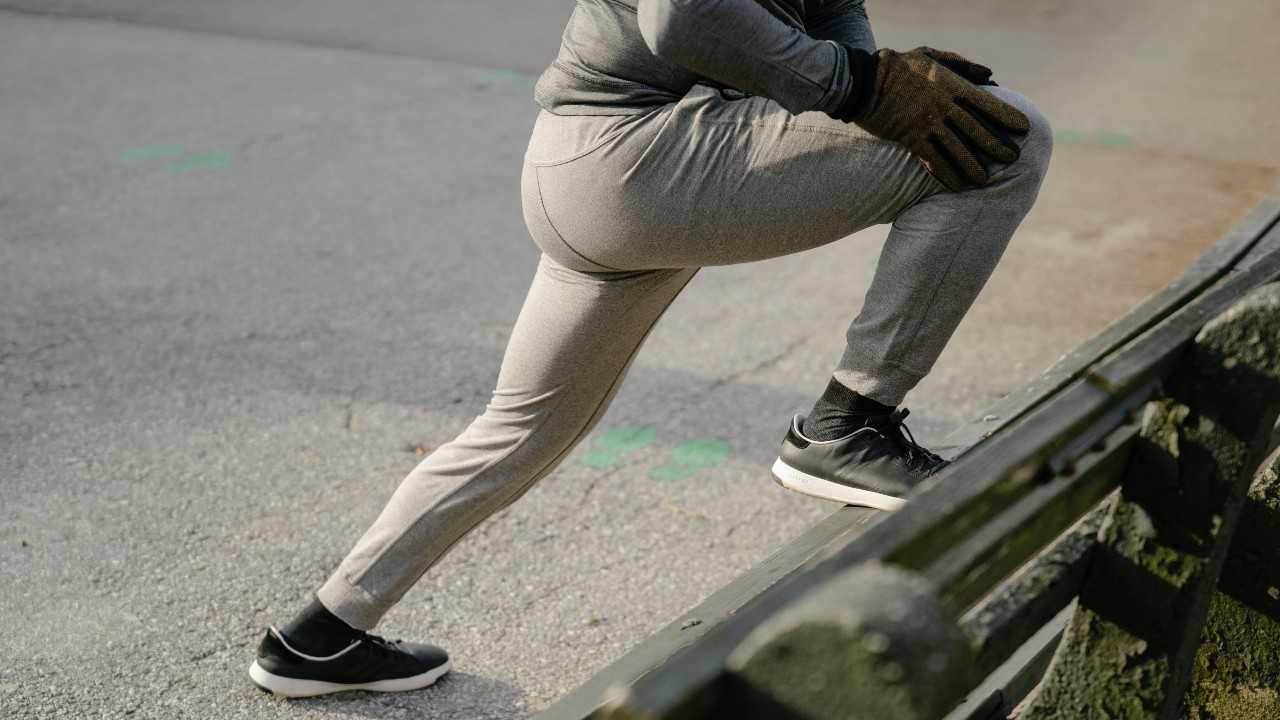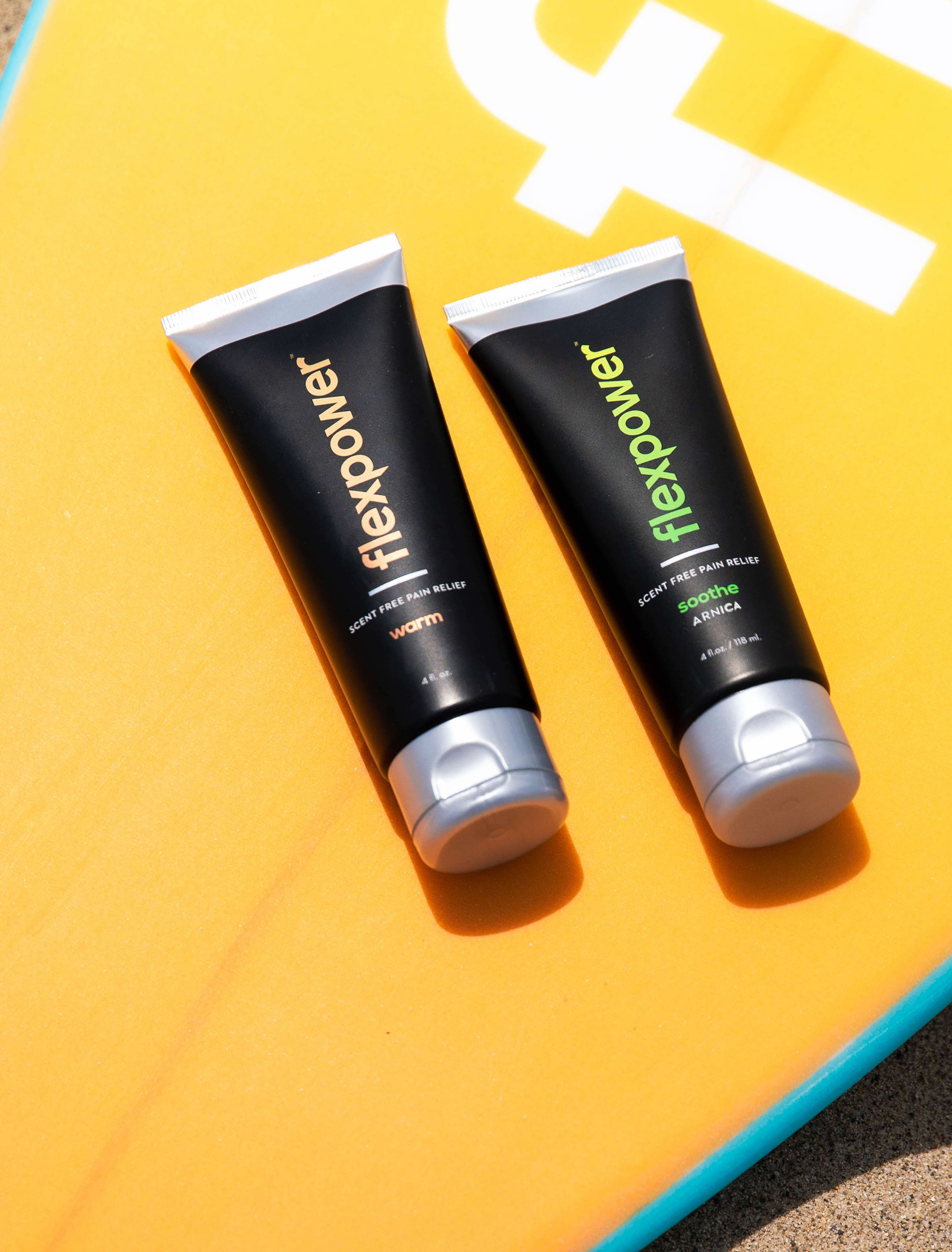
So You Want To Run a Marathon. Here’s Some Tips and Tricks For Getting Ready
They may seem daunting, but marathons can be conquered if you take the time to prepare yourself…and take care of yourself afterwards.
There’s a reason we use “it’s a marathon, not a sprint” to describe any project that takes time, patience, and discipline – anything that can’t be crammed for or rushed into at the last minute. It’s also why “winning” isn’t really the goal for most people who run marathons – for them it’s about getting through. Proving to themselves that they can go a little farther than they did last time. Improving their time incrementally. Just seeing the finish line is the reward, regardless of how many have crossed it before them.
Preparing for a marathon, likewise, takes time and patience and the ability to celebrate little victories along the way. Getting ready begins weeks and sometimes months in advance, and during that time you’ll need to get comfortable with your surroundings, your personal limits, and, of course, your gear.
Prepping for the Run
Here’s what you can do in the weeks and months leading up to your marathon to ensure you’ve done what you can to prepare yourself mentally and physically for the long haul.
Level Up, But Not Too Much
Speaking to Runner’s World, 2003 U.S. National Marathon Champion Sarah Wells advises against following a common fitness trope of incrementally pushing yourself as you build strength and confidence. She explains how there comes a time “when many runners have been at it for two months or more and are becoming used to a certain level of training.” But rather than using that to push, runners should just focus on staying at this new comfort level. “Draw strength from the hard work you’ve put in. Have confidence in what you’ve been doing,” says Wells. “From here on out, you’re just maintaining your fitness.”
Ease Up As You Get Closer to Race Day
Runners might also want to consider slowly inching back on strength training, calisthenics, or Pilates resistance the closer they get to the day of – also known as “tapering.” Use minimal external resistance, because the goal here isn’t to build new muscles. You just want to maintain strength. The week of the marathon, don’t do any strength training at all. Rest up. And get plenty of sleep.
Plan Your Meals
Hydration is, of course, key to both training for and running a marathon (in addition to the hydration stations made available along the marathon route, experienced runners also usually carry some kind of hydration belt with extra fluids).
You’ll also want to eat a diet rich in complex carbohydrates, such as breads, rice, pasta and starchy vegetables. This helps maximize your glycogen, which is where your body stores extra energy. Keep it simple, too. Now is not the time to experiment with new foods or try carb-loading. Just eat well, and simply.
If You Can, Get Used to the Terrain
It might not be possible depending on where you live or typically run, but knowing ahead of time how the marathon course you’re intending to run lays out can help you focus your training and better prepare your body. For example, the Los Angeles Marathon is essentially two downhills bookending several surprising elevations in the middle along its 26.2 mile run. Similarly, runners of the New York City Marathon have to prepare for lots of ups and downs. Running the Chicago Marathon? Get ready for long, flat stretches.
If you live in a flat area and are preparing for a hilly marathon, do several runs on a treadmill, and alter the incline throughout. If you don’t have access to a treadmill, you can always run on stairways or head to the local high school and go up and down the bleachers.
What to Do on Race Day
OK, it’s here. The big day. This is where all that training and preparation comes to fruition.
Stick With What You Know
Now is not the time to jazz things up. Don’t buy a brand new pair of running sneakers or a cool new top – you have no way of knowing if they’ll cause blisters or chafing or excessive sweating. If you normally have one cup of coffee to start the day, don’t suddenly have three. You have spent months getting your body ready for a very specific task – don’t throw it curveballs now.
Again…Hydrate
Drink a huge glass of water before you go to bed the night before race day. Drink another one first thing in the morning.
Eat Right
A simple, high-carbohydrate breakfast several hours before the start of the race – think bagels or oatmeal bars and fruit – will get you ready without weighing you down or disrupting your system.
Dress Right
The temperature is apt to rise over the course of the race, so don’t overdress. If you’re really cold at the start, maybe wear something you can ditch quickly (some runners even wear oversized trash bags) or apply some Flexpower Warm, which can help “pre-heat” your body before the starting gun goes off.
What to Do Once the Race Starts
OK, it’s go time. But you’ve got this…
Don’t Let Adrenaline Take Over
Start the race slowly. Again, this is a long haul, not a sprint. Starting too fast with a huge adrenaline boost is a beginner’s mistake. Set your pace and stick with it.
We Can’t Stress It Enough: Hydrate
Don’t blow past hydration stations. If you’re not comfortable drinking and running at the same time, pause for a second and take the drink. It’s important.
How to Recover Afterwards
You did it, congratulations. Savor the accomplishment, and make sure you treat yourself right.
Do We Need to Say It Again? Hydrate.
In the immediate moments after you cross the finish line, drink several cups of water to nourish your tired muscles. And don’t stop cold. Walk a little and allow your muscles to cool down. Gentle stretching is also recommended. Even if you’re not hungry, eat some simple carbs.
Rest Up
Running experts recommend taking a week off after a marathon before you start your regular running routine again. After that, continue to get plenty of sleep.
Feel Good Again
And, of course, take care of yourself. Refresh and reinvigorate sore and tired muscles with Flexpower Soothe, designed to be gentle for use every day. Once you get back to running regularly, Flexpower Warm will make sure nothing is standing between you and your next finish line.

